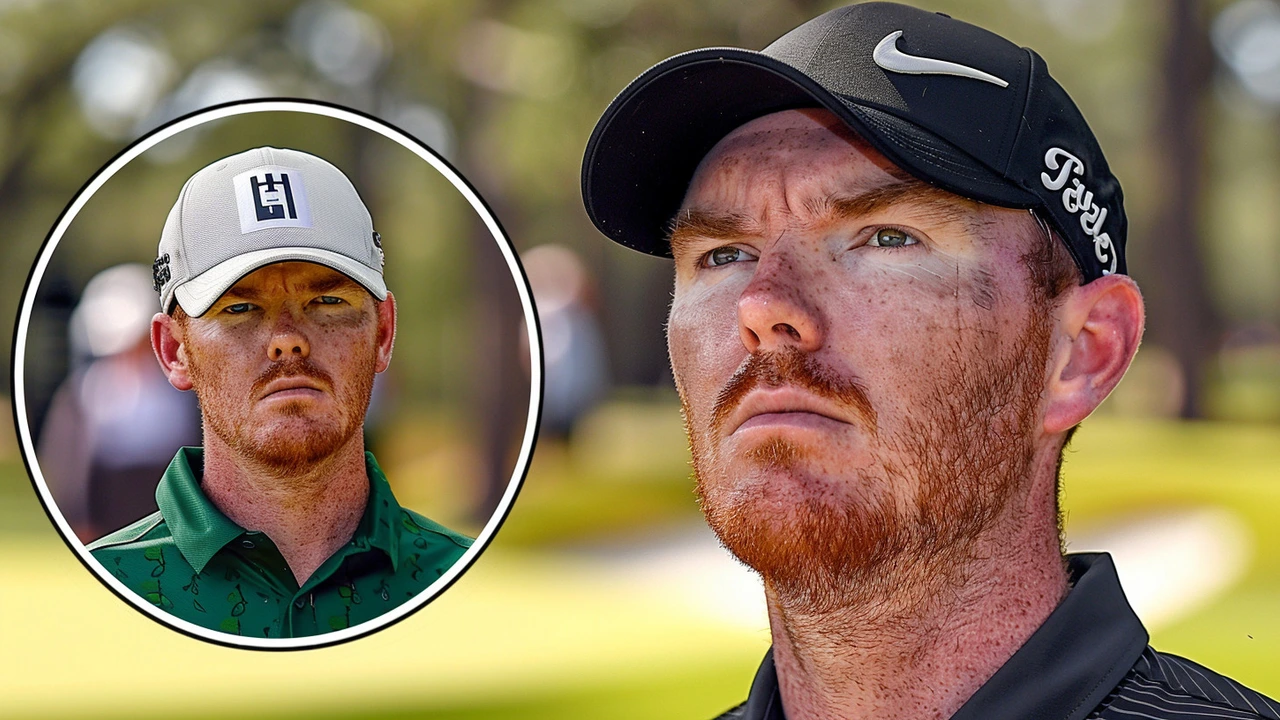Suicide: What You Need to Know and How to Help
Suicide is a tough subject but talking about it openly is one of the best ways to prevent it. Many people don't know how to spot the signs or what to say to someone struggling. Recognizing signs like sudden mood changes, withdrawal, or talk about hopelessness can be life-saving. If someone drops hints or seems lost, reaching out with simple kindness can make a huge difference.
It's important to remember that suicide is often connected to mental health struggles like depression, anxiety, or trauma. No matter the situation, help is available, and people can recover with the right support. Reaching out to a mental health professional or even a trusted friend can be a good first step in finding help.
How to Support Someone at Risk
Listening without judging makes people feel safe to share what they’re going through. Avoid rushing to fix things or offering quick answers—just being there matters. Encouraging them to seek professional help or talking with someone trained can be really useful. Sometimes, just showing that you care consistently can restore hope.
Where to Find Help
If you or someone you know needs immediate support, don't hesitate to contact local helplines, counselors, or emergency services. Many communities have resources specifically aimed at suicide prevention. Online support groups and mental health apps can also be valuable tools when facing tough times. Remember, talking openly about suicide and mental health is the best way to reduce stigma and save lives.

Friend Reflects on Final Conversation with Golfer Grayson Murray Before Tragic Death
Carter Jenkins, a friend and high school teammate of golfer Grayson Murray, shared details about their final conversation before Murray's tragic death. Passed away by suicide, Murray leaves a legacy intertwined with his passion for golf and his mental health struggles. Jenkins reflects on the challenges of competing in light of his friend's untimely passing.